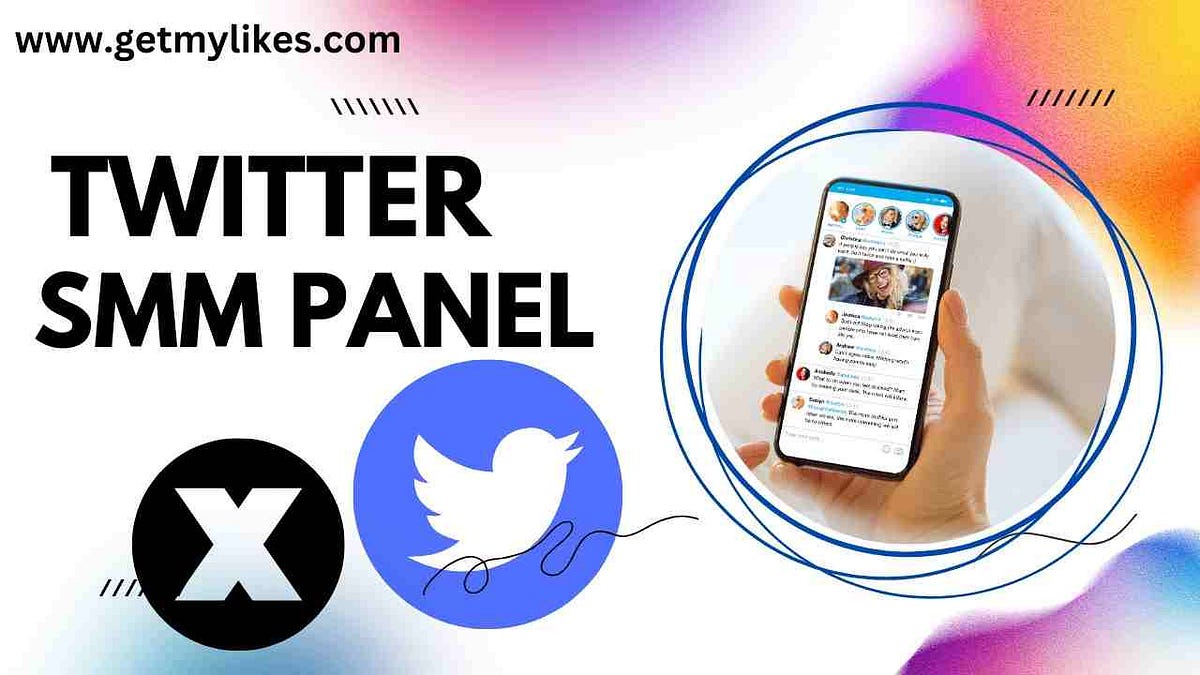Texas Attorney General Ken Paxton announced on Thursday he is opening an investigation into the World Federation of Advertisers (WFA) to determine whether the trade group’s members conspired to boycott “certain social media platforms.” While the press release doesn’t name social media platforms by name, one of them is likely Elon Musk’s X, which filed an antitrust lawsuit against the WFA in August and alleged that advertisers orchestrated a “systematic illegal boycott” of the platform.
“Trade organizations and companies cannot collude to block advertising revenue from entities they wish to undermine,” said Paxton in the press release. “Today’s document request is part of an ongoing investigation to hold WFA and its members accountable for any attempt to rig the system to harm organizations they might disagree with.”
Several of the WFA’s members — which include global brands such as IBM, The Coca-Cola Company, and CVS Health — have stopped or significantly reduced the amount they spend for advertising on X since Elon Musk’s takeover of the company. There was an especially large exodus of advertisers, including Apple and Disney, from X in November 2023 following reports from the Center for Countering Digital Hate and Media Matters that suggested Elon Musk’s X had failed to moderate its platform and remove illegal or hateful content. At the time, a White House spokesperson condemned Elon Musk for one of his personal posts, which it called “antisemitic and racist.”
Since then, X has sued many advertisers and ad groups, claiming these global brands were not reducing their ad spend based on individual decisions, but instead collectively conspiring to withhold billions of dollars in revenue from X. Now it appears Texas’ AG is bringing an investigation of his own.
“It’s still a major problem,” said Musk in response to Paxton’s Thursday post on X about the advertiser investigation.
Much like X’s lawsuit, Paxton zeroes in on a since-discontinued, not-for-profit organization within the WFA, the Global Alliance for Responsible Media, or GARM. This was a U.S.-based group founded in 2019 that included some of the country’s largest advertisers. It created frameworks and definitions for companies to understand hate speech, brand safety, and misinformation.
“Nothing changes the simple fact that GARM was, at every step, voluntary and pro-competitive,” said WFA spokesperson Will Gilroy in an email to TechCrunch. “WFA will continue to fight these allegations and we are confident that the US judicial system will find in our favour.”
The AG’s investigations asks for documents and information from GARM that could reveal whether it told brands to boycott certain social media platforms that violated its brand safety standards.
When announcing her platform’s lawsuit against advertisers, X CEO Linda Yaccarino cited a July report from the U.S. House of Representatives Judiciary Committee looking into GARM’s practices. That report found:
Through GARM, large corporations, advertising agencies, and industry associations participated in boycotts and other coordinated action to demonetize platforms, podcasts, news outlets, and other content deemed disfavored by GARM and its members. This collusion can have the effect of eliminating a variety of content and viewpoints available to consumers.
GARM closed its doors in August, shortly after X sued, noting that it did not have the resources or finances to continue operating.
In the months leading up to this investigation, some advertisers have actually resumed ad spending on X, though at much lower rates than before. Comcast, IBM, Disney, and other major brands reportedly returned to Musk’s platform this year. Furthermore, X announced in October that it reached an agreement with Unilever to resume its ad spending, and that the social media platform would drop its claims against Unilever, which X previously named as one of the companies that participated in the alleged boycott.
X did not immediately respond to TechCrunch’s request for comment.










